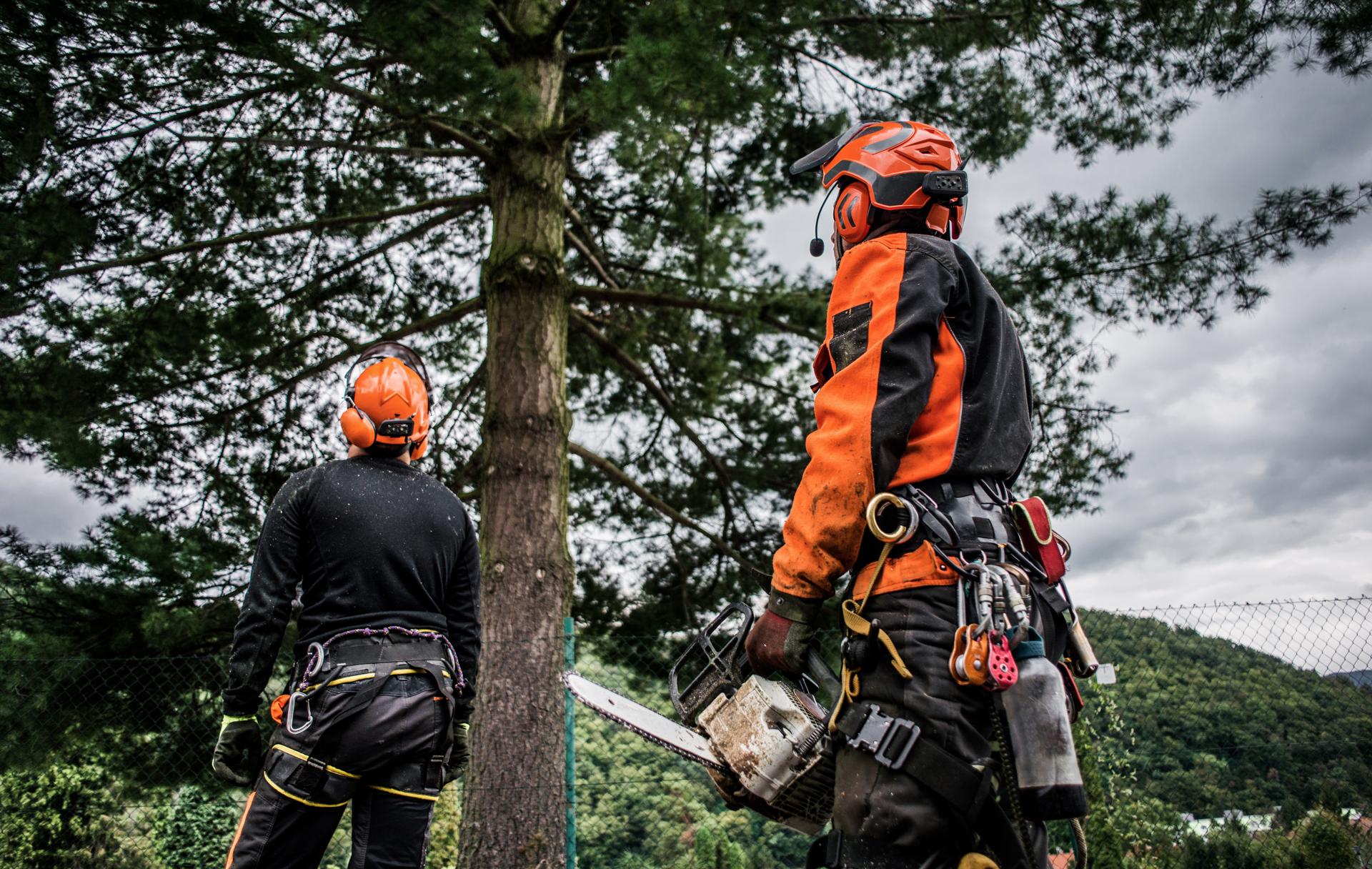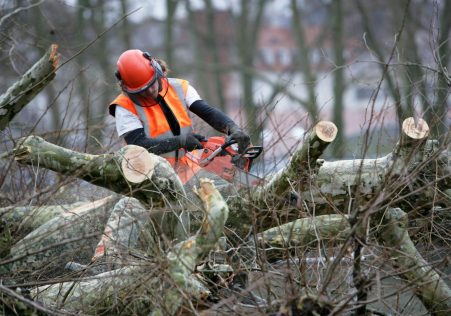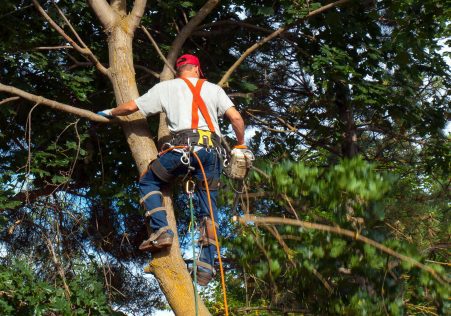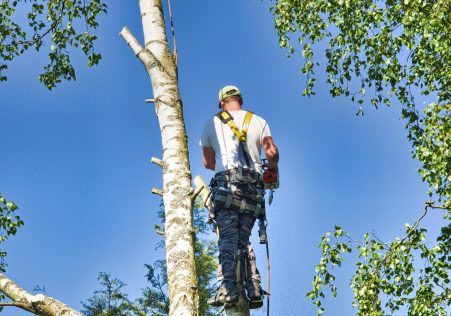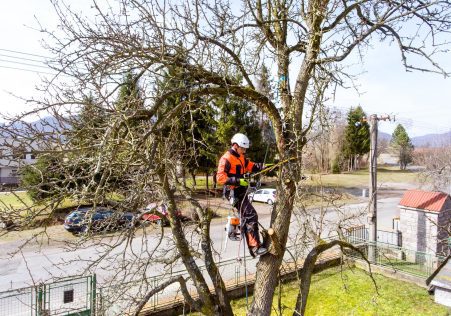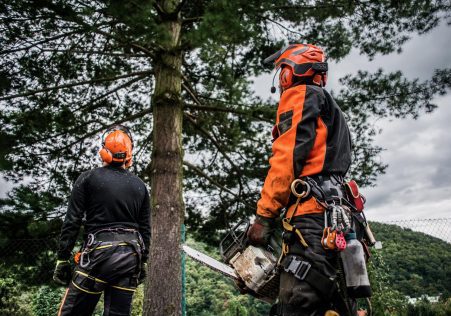How Long Until Tree Roots Decompose in the Ground Following Cutting
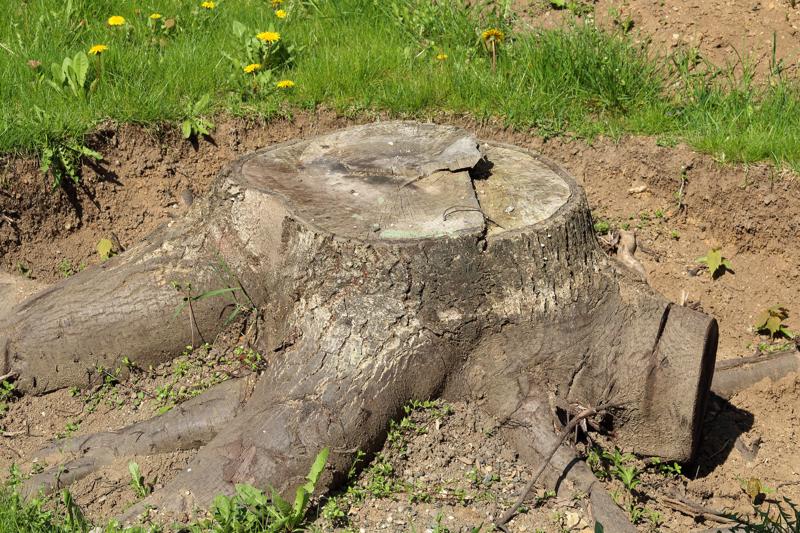
The roots of trees play an essential role to provide support and nutrition to trees, but is there a problem when a tree is removed? What is the time frame for the roots to begin to decay in the ground and what impact does this have on the surrounding area? In this article, we’ll look at the process of root decay as well as address many frequently asked questions regarding the roots of trees.
Understanding the Tree Decay of the Root
The roots of trees can take a long time to decay, based on various variables like how big the roots, the type of tree, and the surrounding conditions. The process of decaying the roots is initiated immediately after a plant is removed or falls and is caused by a combination of variables like temperatures, humidity, along with the presence of decomposers such as bacteria and fungi.
Factors that affect root decay
Size of the roots Larger roots are more likely to decay as compared to smaller ones.Type of trees: Certain tree species have tougher sturdy roots that are slower to decay than others.
Environmental conditions: Roots will decay more quickly in warm, moist environments in comparison to cooler, dryer ones.
The impact of tree Root Decay
As tree roots decay and release nutrients into the soil. This could benefit other plants that are in the vicinity. However, decaying roots can also cause problems for landscaping and structures within the vicinity. For instance, decomposing roots could cause shifting or settling of sidewalks, driveways, and other hardscaping elements.
Delay Prevention
To prevent problems caused by root decay, it’s essential to remove any dead or damaged trees from your property as soon as is possible. In certain situations, it may also be necessary to eliminate the roots in order to avoid settlement or shifting of nearby structures. If you’re unsure about how to proceed, consider contacting professionals from a tree removal company like Blacktown Tree Cutting for help.
Frequently asked questions
How long will it take for tree roots to begin to rot?
The length of time it takes for roots of trees to decay in the soil can differ dependent on a number of aspects, including their size, root as well as the type of tree, as well as the environmental conditions. It can take several years for tree roots to fully decompose.
What happens to the nutrients in the soil after tree roots rot?
If tree roots begin to decay and release nutrients back into the soil, which can be beneficial for other plants that are in the same area.
Do decaying tree roots cause problems for nearby structures?
Yes, the decaying roots of trees can cause settling or shifting of sidewalks, driveways, and other landscaping features. To avoid these problems it is essential to get rid of any dead or sickly trees off your property as fast as you can.
Conclusion
In the end, tree roots may take years to completely decay in the ground. The process of decay may result in both negative and positive effects on the area around it. If you’re worried about decaying tree roots, or need assistance with tree removal, you should consider getting in touch with an experienced tree removal company like Blacktown Tree Cutting. Our team of highly skilled and knowledgeable arborists has the most modern tools and equipment to safely and effectively remove trees and their roots. Contact us now by dialing 0480 024 203 for a free estimate in Blacktown.
Don’t put your property at risk or yourself by trying to remove a tree on your own. Leave the experts of Blacktown Tree Cutting handle it for you. Our team of highly trained and experienced arborists are equipped with the latest tools and equipment that allows them to safely and effectively remove trees and their roots. When you require tree removal and tree pruning, tree trimming or any other arborist service Blacktown Tree Cutting is here to assist. Don’t wait any longer, contact us today by calling 0480 024 203 for a free estimate in Blacktown. Rely on the experts at Blacktown Tree Cutting to handle all the tree-related needs you have and to ensure the security and aesthetics of your property.


